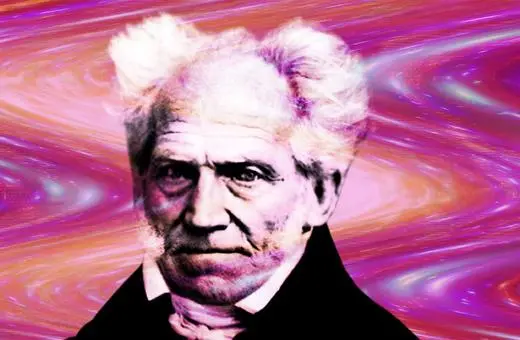Philosophy, at its core, is all about tackling the big questions. The meaning of life, the nature of being, good and evil… philosophy has wrestled with these problems for centuries. As our inquiries reach their crescendo, as our investigations are about to come to a head, we often find that the best response is to remain silent. Writes Mauricio Suarez.
“I ask: "Why should this essence exist? What results from the fact that it is and will be?" ... Philosophy not merely fails to answer, but all it does itself is to repeat the same question. And if it is genuine philosophy then the totality of its labour lies in the attempt to put this question clearly.” (Lev Nikolayevich Tolstoy, Confessions, Part V).
“And we may not advance any kind of theory. There must be nothing hypothetical in our considerations. We must do away with all explanation, and description alone must take its place”. (Ludwig Wittgenstein, Philosophical Investigations, §109)
A long, distinguished, and very rich philosophical tradition (more precisely: a rich collection of ethical, juridical, philosophical and religious traditions and movements across diverse cultures through history), suggests that the answers to the deepest questions are beyond human reach. These are metaphysical questions regarding the meaning of life, the essence of being, and the nature of things. The human predicament lies precisely in our capacity to formulate inquiring and unsettling questions of this type that can receive no answers. For we are then left in a position where mental balance and peace can only come from an acknowledgement that such questions must go unanswered. At the point of the grandest ambition, where stakes are highest, our inquiries can only go quiet, and we must stay resolutely silent.
___
Quietism must not be confused with nihilism, solipsism, radical or global scepticism, or any kind of antirealism.
___
It is not that the questions must be met with denials. In other words, it is not that we must answer that there is no meaning to life, no essence to being, and no nature to anything. Quietism must not be confused with nihilism, solipsism, radical or global scepticism, or any kind of antirealism. In fact, quietism stands at the greatest distance - the exact opposite - of any of these views or positions. For all these views do in the end provide answers of a negative sort, which then paves the way to despair. Quietists by contrast refuse to answer – thus avoiding despair and finding balance and peace of mind. In his autobiographical Confessions (1880) Tolstoy says that he only ‘regained’ a proper life once he saw clearly that his questions could not be coherently formulated in any form that permits an answer. On the contrary, Tolstoy claims, when metaphysical questions of this sort are finally formulated coherently it becomes evident that the only way to put them to rest is to end the quest. Questions regarding the meaning of life are paradigmatic; only when we stop asking them to live, do our lives make sense.
 SUGGESTED READING
The world is both subjective and real
By Paul Franks
SUGGESTED READING
The world is both subjective and real
By Paul Franks





















Join the conversation